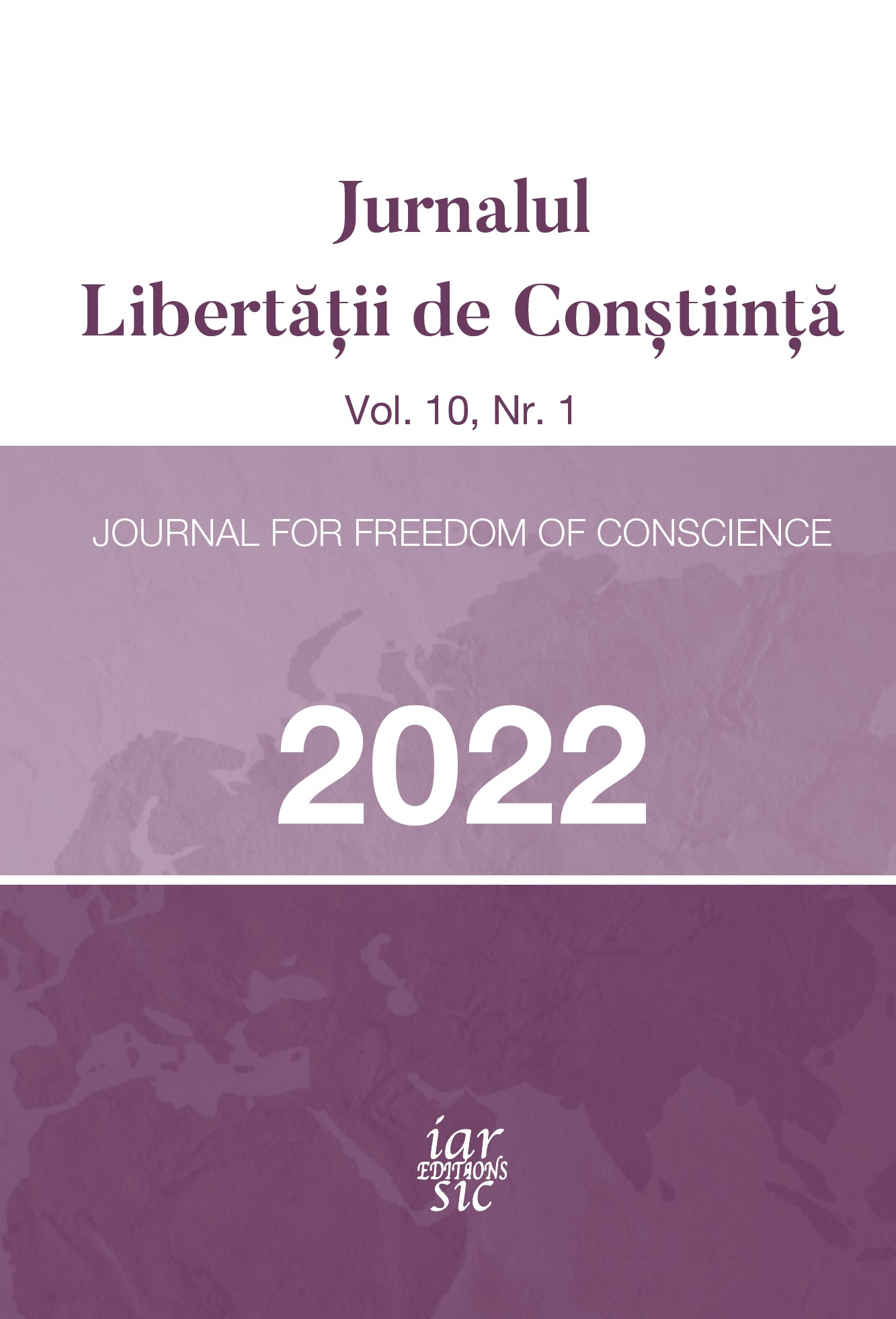ÎNVĂȚĂMÂNTUL SUPERIOR TEOLOGIC DIN TRANSILVANIA DUPĂ 1990 – EXPRESIE A RESPECTULUI PENTRU VALORILE UMANE ȘI A LIBERTĂȚII RELIGIOASE
The Theological Higher Education in Transylvania after 1990 - Expression of Respect for Human Values and of Religious Freedom
Author(s): Şerban TurcuşSubject(s): Christian Theology and Religion, Local History / Microhistory, Recent History (1900 till today), Philosophy of Religion, Higher Education , History of Education, Post-Communist Transformation
Published by: Editions IARSIC
Keywords: theological education; Transylvania; religious freedom; Post-communism;
Summary/Abstract: The socio-cultural context conducive to the development of religious education, which occurred after the fall of the ideocratic regime, stimulated the higher theological education, in the spirit of respect for human values and for religious freedom, both at the national level and in the various local contexts, which in Romania post-December 1989 period were able to highlight their specificity. Thus, in Transylvania after 1989, religious higher education evolved in a framework strongly marked by the multi-ethnic and multi-confessional dimension of long tradition. The old theological institutes (belonging to the Romanian Orthodox Church, the Roman Catholic Church or various Protestant Churches) were revitalized, later being elevated to the rank of Faculties of Theology and thus fully integrated into the regional and national university system, and Faculties of Theology at the newly created Universities throughout Transylvania were founded. The same process was followed by the University Degree Theological Institutes of the Romanian Church United with Rome, re-established in 1990, after the syncopation recorded in their operation, under the conditions of the suppression of the Greek-Catholic Church by the „popular democracy” regime, established at the end of 1947 in Bucharest, under the supervision of Moscow, and consolidated during the following year. In addition, the neo-Protestant Churches were able to open, under conditions of freedom, specific higher education structures, many of which were coherently integrated into the country’s university system.
Journal: Jurnalul Libertății de Conștiință
- Issue Year: 10/2022
- Issue No: 1
- Page Range: 64-85
- Page Count: 22
- Language: Romanian

